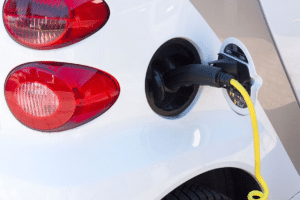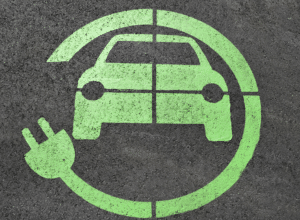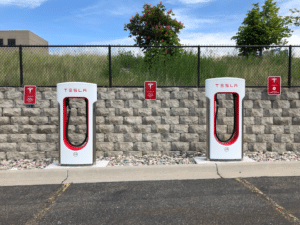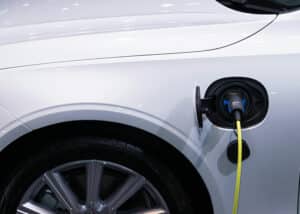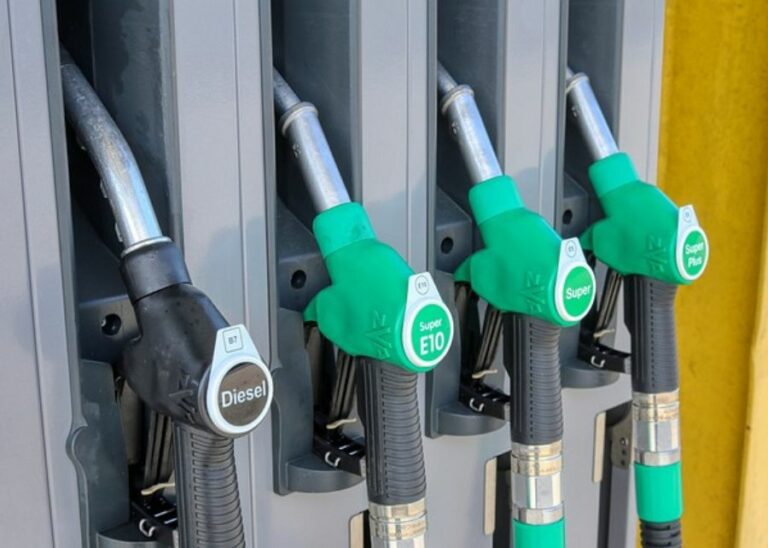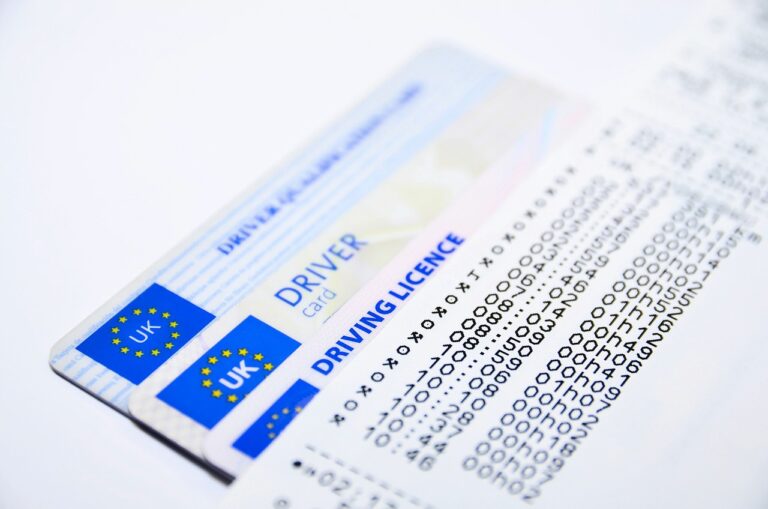
The joint research phase is expected to conclude in about a year, after which the companies will evaluate the potential for production. Additionally, Mitsubishi will join the alliance, contributing its expertise to the development of smart EVs, says Electrive.
According to Electrek, this partnership is a strategic move to compete with major players in the EV market and address the cost pressures from emerging brands.
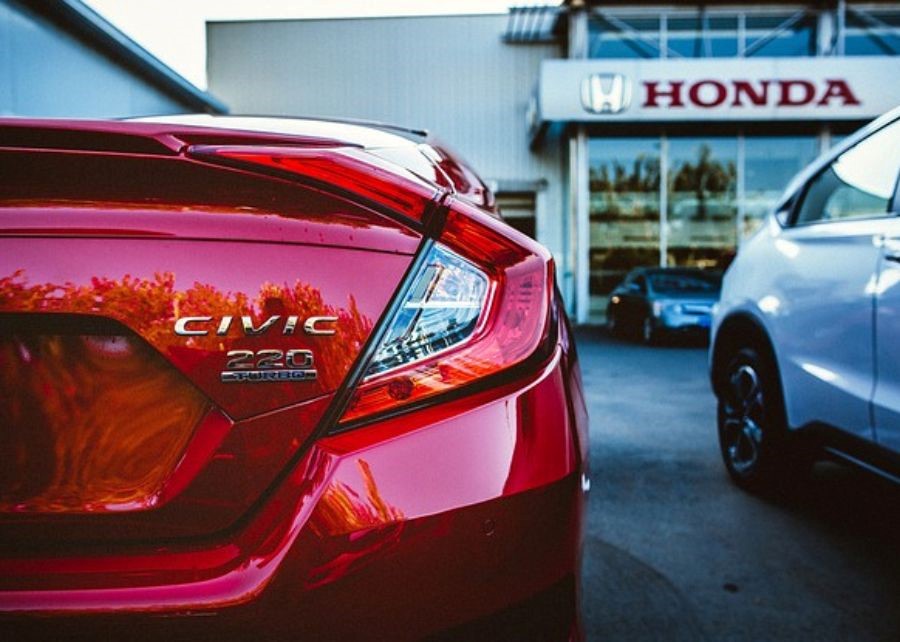
The collaboration between Nissan and Honda is expected to have a significant impact on the EV market. For example:
- Shared Resources and Technology: By sharing components like batteries and motors, Nissan and Honda aim to reduce production costs and increase efficience, says AP News. This collaboration will allow both companies to leverage each other’s strengths and technologies, leading to more advanced and cost-effective EVs.
- Economies of Scale: The partnership will enable both companies to achieve economies of scale, which can lower the cost of EV production. This could make EVs more affordable for consumers.
- Enhanced Competitiveness: By joining forces, Nissan and Honda can better compete with other major players in the EV market, such as Tesla and BYD. This collaboration is part of a broader strategy to enhance their competitiveness in the rapidly evolving automotive industry, says Tech Story.
- Innovation in Autonomous Driving: The collaboration also includes joint research on software for autonomous driving. This could lead to significant advancements in self-driving technology, further enhancing the appeal of their EVs.
- Environmental Impact: By accelerating the development and adoption of EVs, this partnership can contribute to reducing greenhouse gas emissions and promoting sustainable transportation, that’s for sure.
Overall, the collaboration between Nissan and Honda is poised to drive innovation, reduce costs, and enhance the competitiveness of both companies in the EV market. We don’t know about you but this makes us excited about the future of electric vehicles!



















